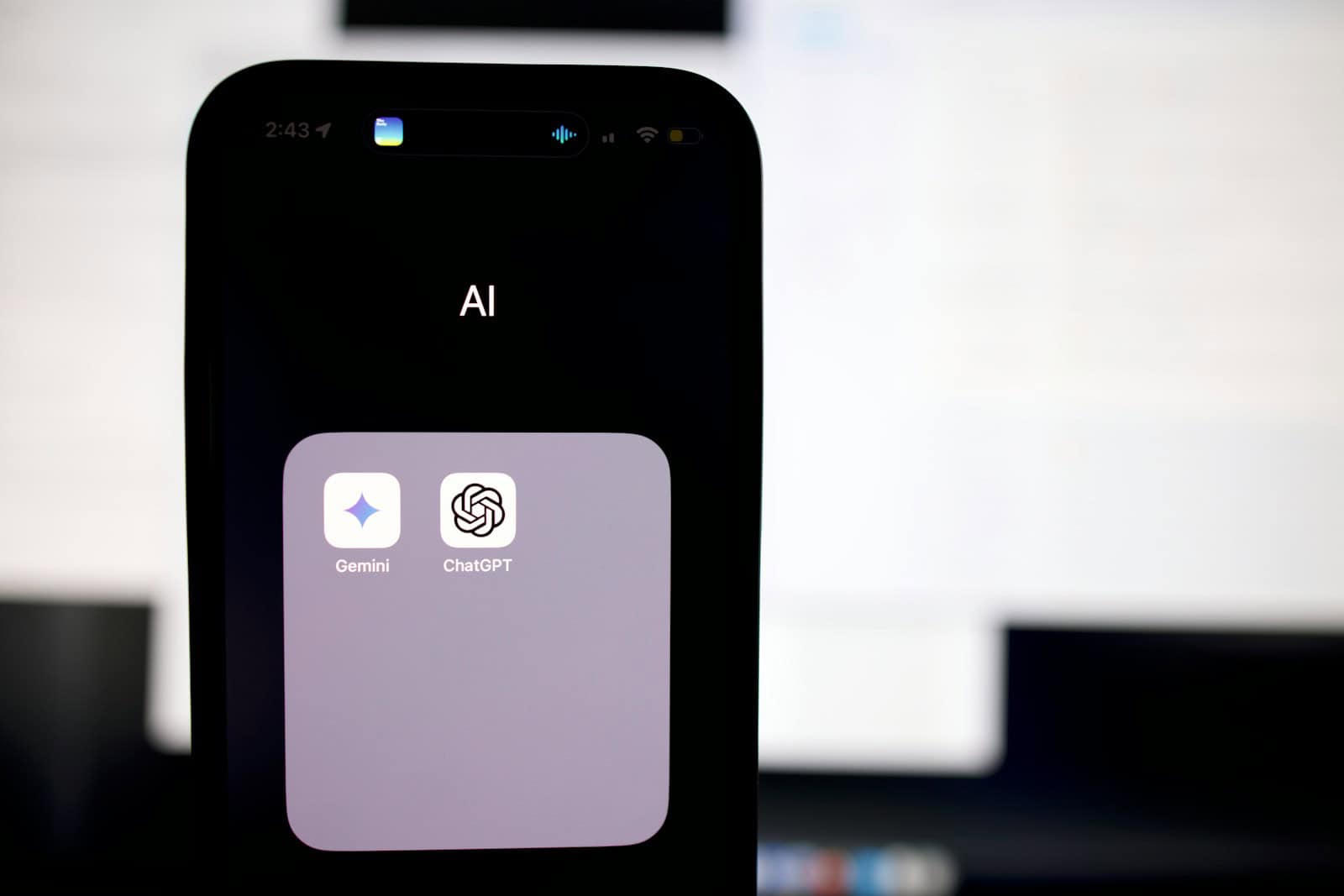ChatGPT has evolved beyond simple question-and-answer conversations. One of its most practical advancements is its schedule, reminders, and tasks feature, designed to help users stay organized, productive, and on track—directly within their conversations.
This feature turns ChatGPT into a lightweight productivity assistant, capable of remembering tasks, setting reminders, and helping users plan their time more effectively.
What Is the Schedule, Reminders, and Tasks Feature?
The schedule and tasks feature allows ChatGPT to:
- Help users create and manage to-do lists
- Set time-based reminders
- Track ongoing or recurring tasks
- Provide context-aware follow-ups during conversations
Instead of using a separate task manager or calendar app, users can manage many day-to-day planning needs conversationally.
Key Capabilities
1. Task Creation Through Natural Language
Users can add tasks simply by describing them in plain English. For example:
- “Remind me to submit the report tomorrow at 10 AM.”
- “Add a task to call the client next Monday.”
- “I need to work on my presentation every Friday.”
ChatGPT interprets the intent and organizes the task accordingly.
2. Reminders and Time-Based Alerts
ChatGPT can associate tasks with specific dates or times and remind users when they’re due. This is especially useful for:
- Meetings and appointments
- Deadlines
- Personal commitments
- Follow-ups
Reminders help ensure important tasks don’t get lost in long conversations.
3. Recurring Tasks and Routines
The feature supports recurring schedules, making it easier to manage habits and routines, such as:
- Weekly planning sessions
- Daily exercise reminders
- Monthly billing or reporting tasks
Users don’t need to recreate tasks repeatedly—ChatGPT can remember and apply the pattern.
4. Context-Aware Task Management
Because ChatGPT understands conversational context, it can:
- Modify existing tasks (“Move that meeting to Friday.”)
- Prioritize tasks (“Which of my tasks is most urgent today?”)
- Summarize workloads (“What do I need to do this week?”)
This makes task management more intuitive than traditional list-based apps.
5. Productivity and Planning Support
Beyond reminders, ChatGPT can help users:
- Break large goals into smaller steps
- Estimate timelines
- Suggest schedules based on workload
- Identify potential conflicts
It functions not just as a reminder tool, but as a planning assistant.
Who Is This Feature For?
The schedule and tasks feature is useful for:
- Professionals managing deadlines and meetings
- Students tracking assignments and exams
- Freelancers juggling multiple projects
- Anyone looking for a simpler way to stay organized
It’s especially helpful for users who prefer conversational interfaces over traditional productivity apps.
Limitations to Keep in Mind
While powerful, this feature is not a full replacement for dedicated calendar or task management software. Advanced integrations, shared calendars, and complex workflows may still require specialized tools.
However, for personal productivity and lightweight planning, ChatGPT’s approach is fast, flexible, and easy to use.
Final Thoughts
ChatGPT’s schedule, reminders, and tasks feature represents a shift toward conversation-driven productivity. By allowing users to plan, organize, and receive reminders naturally through chat, it removes friction from everyday task management.
As AI assistants continue to evolve, features like this show how ChatGPT is becoming not just a source of information—but a practical partner in daily life.







